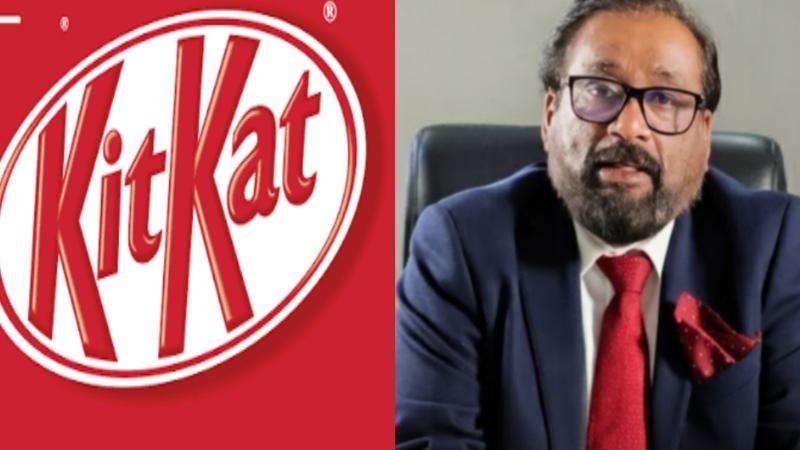A Bangladesh court has taken the unprecedented step of issuing arrest warrants for the top leadership of Nestlé Bangladesh, including Managing Director Deepal Abeywickrema, following a damning investigation by food safety authorities that declared batches of the popular KitKat chocolate bar unsafe for human consumption, Daily Dazzling Dawn understands.
The warrants, issued on November 24, 2025, by Special Metropolitan Magistrate Nusrat Sahara Bithi of the Safe Food Court, mark a significant escalation in the country’s crackdown on multinational corporations accused of violating local health standards. Alongside Abeywickrema, the court has also ordered the arrest of Riasad Zaman, the company’s Corporate Affairs and Public Policy Manager, signaling that the judiciary is holding corporate decision-makers personally liable for product quality.
‘Rotten’ Ingredients and Chemical Failures-The legal action stems from a startling report filed by the Dhaka South City Corporation’s Safe Food Inspector, Kamrul Hasan. On November 10, inspectors seized samples of KitKat chocolates from various retail outlets across the capital. Subsequent laboratory analysis painted a disturbing picture of the confectionery being sold to Bangladeshi children and consumers.
According to court filings, the government-run food safety laboratory found that the wafer component of the chocolates contained an acidity level of 2.32 percent, more than double the maximum limit of 1 percent permitted by the Bangladesh Standards and Testing Institution (BSTI). Food safety officials stated in court that such high acidity levels are indicative of decomposition, leading Inspector Hasan to allege that the products were effectively "rotten" and unfit for consumption.
Furthermore, the chocolate coating itself failed to meet the legal definition of milk chocolate. The analysis revealed a milk solid content of only 9.31 percent, falling significantly short of the mandatory 12 to 14 percent requirement. In a new revelation not previously disclosed, updated reports indicate the milk fat content was found to be a mere 1.23 percent, far below the required standard of 2.5 percent, raising questions about what ingredients were used to substitute the missing dairy components.
The Legal Battle: BSTI vs. BCSIR-The case has triggered a complex legal and technical dispute regarding regulatory jurisdiction. Nestlé Bangladesh has vehemently challenged the basis of the criminal case, arguing that the prosecution is applying the wrong set of standards to their product.
Debabrata Roy Chowdhury, Company Secretary for Nestlé Bangladesh, argued that the BSTI standards cited by the prosecution are intended for "chocolate biscuits," whereas KitKat is a "wafer" product. The company maintains that they operate under a rigorous clearance process involving the Bangladesh Council of Scientific and Industrial Research (BCSIR).
In a statement following the warrant issuance, Nestlé representatives claimed that every consignment is released only after BCSIR testing. They further cited independent laboratory tests conducted in India and Dubai, which they argue prove the product's safety and compliance with international norms, specifically disputing the acidity findings in the extracted fat.
A History of Scrutiny-This is not the first time the Swiss giant has faced regulatory heat in the region. The current warrants come amidst a broader investigation into food adulteration in Dhaka, where other importers have also been charged with selling substandard sugar and milk powder. However, the direct targeting of a multinational Managing Director is a rare and severe move by the Bangladeshi judiciary, reflecting a zero-tolerance policy adopted by the Safe Food Court.
Legal experts note that the case highlights a critical gap between import policies and local enforcement. The prosecution alleges that despite Nestlé’s claims of BCSIR clearance, the products were marketed without the specific mandatory certification from the BSTI, a violation of the Import Policy Order 2021-2024.
The court has scheduled the next hearing for December 15, 2025. If convicted under the Safe Food Act, the executives could face significant financial penalties and prison time. The case has sent shockwaves through the foreign investment community in Dhaka, serving as a stark warning that global brand reputation offers no immunity against local food safety laws.
For now, the arrest warrants remain active, and police have been directed to execute the orders, placing the leadership of one of the country's largest FMCG companies in a precarious legal position.







.svg)

.jpg)
.jpg)